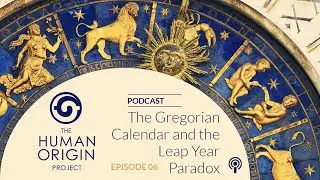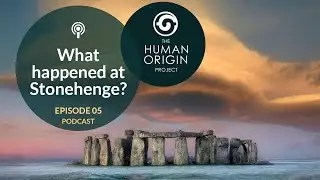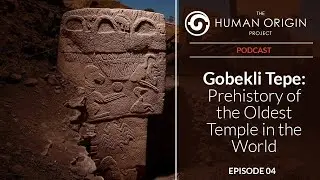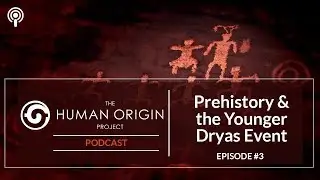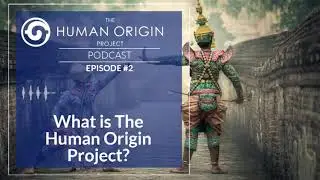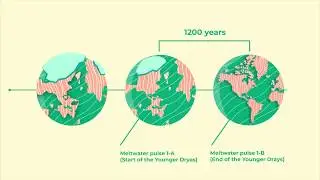HOP Podcast #6: The Gregorian Calendar and the Leap Year Paradox
The Gregorian Calendar is the most widely used civil calendar in the world. One of its main differences from other calendar systems is the use of the leap year. The explanation of leap-years can be found when looking at how the Gregorian calendar replaced the Julian calendar
Why do Leap Years happen?
As I was growing up one of my best friends was born on a leap year. The joke in our school was that while the rest of the class were excited to turn eight, he was stuck at two years old.
The situation used to perplex me. While he was certainly immature in many ways, he was by all logic and measurements, not a 2-year old.
We drifted as we went into secondary school and my thinking on the topic waned. However, the idea of a leap year came back to me recently.
Why do we have leap years at all? A closer look on the calendar system shows that my school-yard oddity turned out to reveal a big problem with our calendar system.
The way we plan our year is a pretty big deal after all.
The Gregorian calendar is designed on a set of principles that include a leap-year every four years.
To understand why we need to look at the history of the Gregorian calendar. It reveals why we use leap years in the first place.
https://humanoriginproject.com/gregor...
You can listen to the full episode here:
iTunes: http://bit.ly/HOPepi6
Spotify: https://spoti.fi/2JMTdI9









